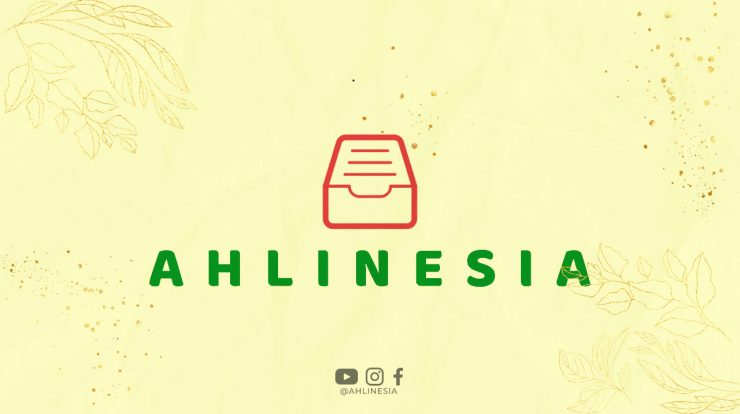
Studying abroad is an exciting opportunity that allows students to gain new experiences, broaden their horizons, and immerse themselves in a different culture. Australia, known for its high-quality education system and diverse landscapes, has become a popular destination for international students. However, one question that often arises is, “How expensive is it to study abroad in Australia?” Let’s delve into the details and shed some light on the cost factors involved.
Tuition Fees
When considering studying abroad in Australia, one of the most significant costs to take into account is tuition fees. The cost of tuition can vary depending on the university, the course, and whether you are an international or domestic student. On average, international students can expect to pay higher tuition fees compared to domestic students.
For undergraduate programs, international students can expect to pay anywhere between AUD 20,000 to AUD 45,000 per year. Postgraduate programs, on the other hand, can range from AUD 22,000 to AUD 50,000 per year. Keep in mind that these figures are an estimate, and it’s essential to check the specific fees for your chosen university and course.
Living Expenses
Aside from tuition fees, another significant factor to consider when calculating the cost of studying abroad in Australia is the cost of living. Living expenses can include accommodation, transportation, food, health insurance, and other miscellaneous expenses.
Accommodation costs can vary depending on the type and location. On-campus accommodation can range from AUD 250 to AUD 800 per week, while off-campus options such as shared apartments or homestays can cost between AUD 150 to AUD 400 per week.
Transportation costs in Australia can be quite reasonable, especially if you opt for public transportation. Monthly transportation passes can cost around AUD 100, while a one-way ticket on public transport can range from AUD 3 to AUD 5.
Food expenses will vary depending on your eating habits and whether you choose to cook at home or eat out. On average, students can expect to spend around AUD 200 to AUD 300 per week on groceries and eating out.
Health insurance is a mandatory requirement for international students studying in Australia. The cost of health insurance can range from AUD 400 to AUD 600 per year, depending on the coverage and provider.
Scholarships and Financial Aid
While studying abroad in Australia can be expensive, there are various scholarships and financial aid options available to help offset the costs. Universities often offer scholarships specifically for international students, so it’s crucial to research and apply for any available opportunities.
Additionally, some Australian government-funded scholarships are also available for international students based on their country of origin or field of study. These scholarships can cover a significant portion of tuition fees and living expenses.
Part-Time Work Opportunities
Another way to manage the cost of studying abroad in Australia is by taking advantage of part-time work opportunities. International students are allowed to work up to 20 hours per week during the academic year and full-time during semester breaks.
Part-time jobs can help cover living expenses and provide valuable work experience. Common part-time jobs for students include working in hospitality, retail, or as a tutor. The minimum wage in Australia is around AUD 20 per hour.
Conclusion
Studying abroad in Australia can be a life-changing experience, but it’s essential to consider the associated costs. Tuition fees, living expenses, scholarships, and part-time work opportunities all play a significant role in determining the overall cost. By carefully planning and exploring available options, students can make studying abroad in Australia a financially feasible and rewarding experience.






